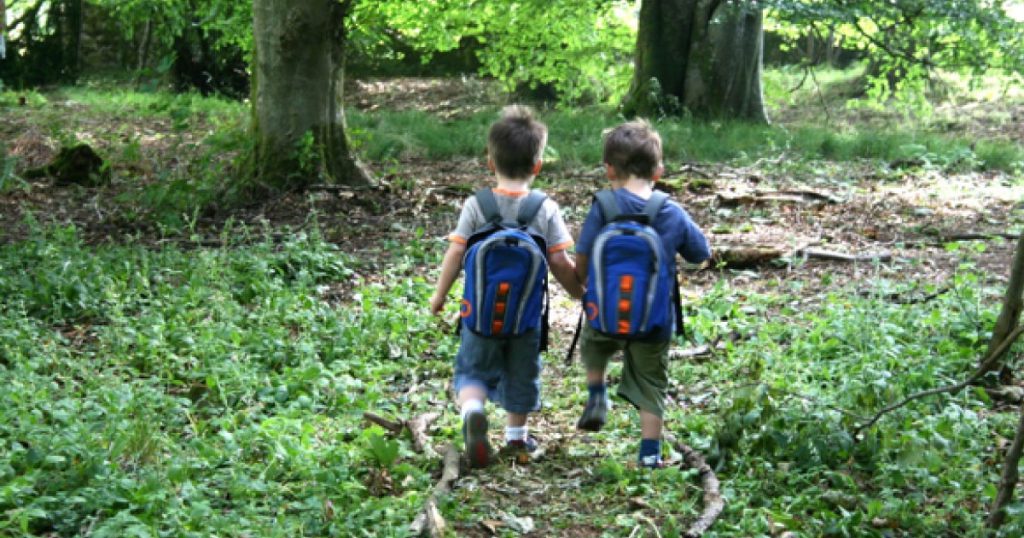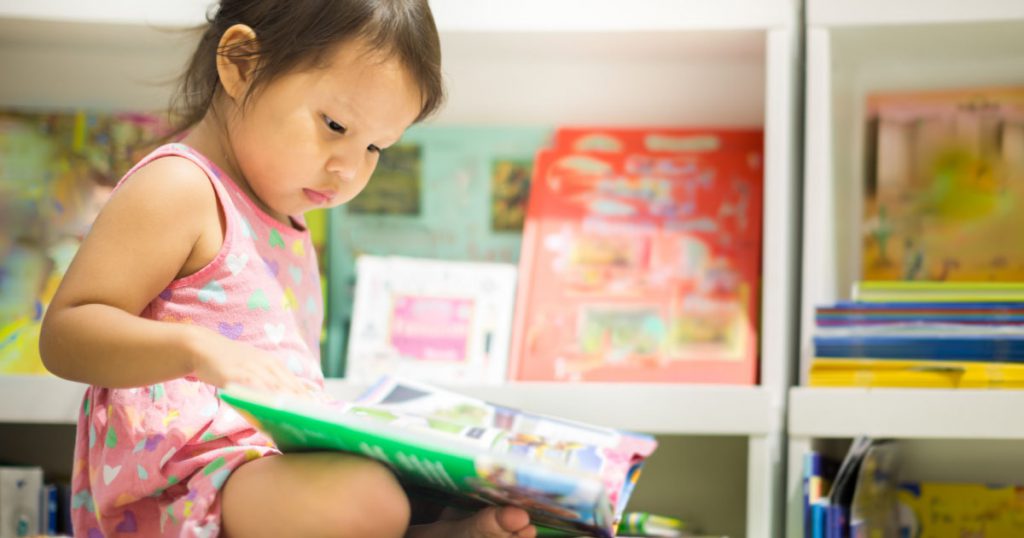 As an early childhood educator in Melbourne, I found myself in a bit of a funk at the beginning of September. Working through the COVID-19 lockdowns had taken its toll. I think it’s a place many educators will probably identify with this year.
As an early childhood educator in Melbourne, I found myself in a bit of a funk at the beginning of September. Working through the COVID-19 lockdowns had taken its toll. I think it’s a place many educators will probably identify with this year.
Some speakers impacted me greatly and helped me to think differently. Some statements that provoked my thinking were:
Aunty Denise Proud, Honorary Research Senior Fellow of The University of Queensland ‘I want you to make our people feel welcome … and think of our children who need support at this time.’
The Honourable Alan Tudge, Minister for Education and Youth opened the conference and acknowledged our work during COVID, ‘We’ve asked Australians to stay home but we’ve asked you to go to work.’
From Christine Legg, National President of ECA ‘We do provide an essential service, we are professionals, our work does have a long-lasting impact and it needs to be more valued and respected by our society.’
Christine Legg also encouraged us to think about the pandemic as a turning point. ‘This is our opportunity to build a better early childhood system—We have the capacity to delivery equality, to be the foundation of a world-class education system, and to realise the vision of every child reaching their potential.’
Anne Hollonds, National Children’s Commissioner gave us a hard-hitting speech. ‘How are our systems failing our children and how are we, and our current ways of operating, supporting the conditions that keep things the same?’ Anne also said that the nation needed a COVID recovery plan for children—Policies are written by adults, from the adult viewpoint, Anne sees a clear need for more listening to the child’s voice. “We as citizens can advocate to governments that they should put children as a national priority, valued and respected and that families are supported to raise children well.’
After reflecting on these ideas, I have been wondering and formulating some questions of my own:
Firstly, we already know that we are way down the list of OECD countries in investing in ECEC. More money in our system allows for better quality but the money needs to be used wisely.
We also look to countries such as Norway, who have much higher minimum qualification requirements for ECEC professionals. But we are Australia. We must find our own Australian version of world-class.
When we have our Australian politicians opining that the reason for ECEC is so that parents can go to work, this limits our ability to create a world-class system—we are minimised to babysitters. Even the pandemic, in which we were called ‘essential workers’, did not assist us to reframe this narrative.
In order to create a world-class system, online certificate iv in childcare start now we need to change our reason for being. The arguments have been put before. Investment in the early years benefits the whole nation as well as each child. Why is this continually ignored?
It’s because Australia does not value women or children highly. Instead, we value finance, law, science and defence—traditional male-oriented careers.
Changing the values that are held by people in power is going to require teamwork. When a woman speaks, listen. When a woman asks us to advocate, do so. Many of us like to stay small. Our work leaves us tired and washed out emotionally. This pandemic has left an entire workforce waiting for their holidays so they can take a much-needed break.
Valuing children more highly will mean:
- Spaces for talking and decision-making that includes children
- Time for educators to prioritise decision-making with children
- Time for educators to engage in professional development and regular time for educators to engage in professional reflection, individually, as a team and as a wider workforce
- Educators to be encouraged to study with workplace conditions that support education and the attainment of qualifications.
- A re-evaluation of our centre and personal philosophies to align it more with valuing children and valuing When we value, children, women and men equally, we can examine our philosophies again.
- Educators supporting educators. When you see something good, say something When someone needs support, provide that. As we help each other, a little at a time, our profession is helped.
- Considering the reguirements as the minimum and making financial decisions that allow better staff to child ratios, more planning time at consistent times throughout the week, better quality resources and the above ideas to occur.
We want more investment in ECEC. That’s clear from conversations at the ECA National Conference.
If you could ask for investment in one thing, what would it be? For me, it would be a targeted investment in professional development, time release and time for professional reflection for each and every ECEC professional.
Having dared to share my thinking with you, I ask every ECEC professional, what do you think?
What is a world-class education system? How do we create that?
Apply to present at the 2022 ECA National Conference, Power to Passion – our future profession. Submissions close Monday, 13 December.


